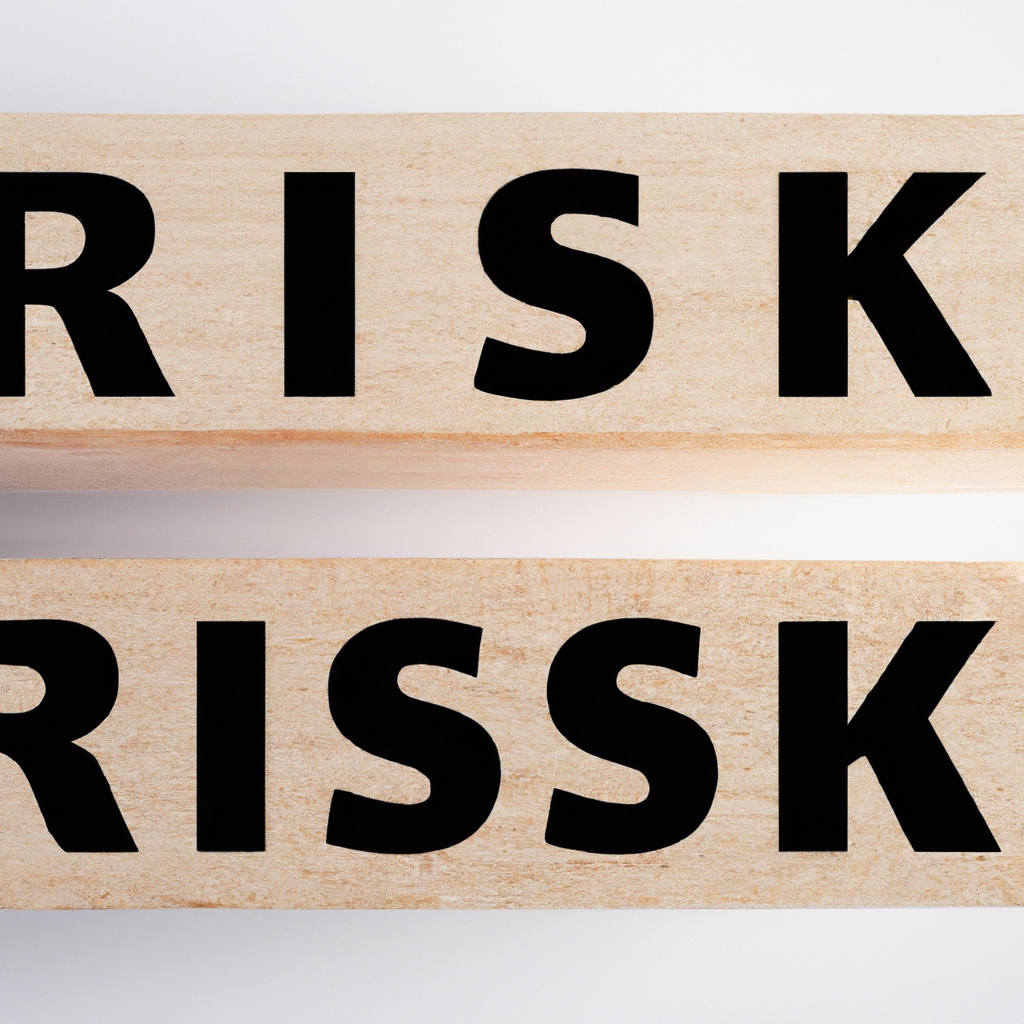Low-risk investment options for conservative investors
When it comes to investing, not everyone is comfortable with taking on high levels of risk. Conservative investors prefer to prioritize the preservation of capital over the potential for high returns. Fortunately, there are several low-risk investment options available that can provide a steady and reliable income stream. In this article, we will explore some of the best investment choices for conservative investors.
Savings accounts
One of the most common low-risk investment options is a savings account. Savings accounts are offered by banks and credit unions and provide a safe place to store your money while earning a modest amount of interest. These accounts are insured by the Federal Deposit Insurance Corporation (FDIC) in the United States, which means that even if the bank fails, your deposits are protected up to a certain amount.
While savings accounts may not offer the highest returns, they are an excellent choice for conservative investors who prioritize safety and liquidity. They provide easy access to your funds and are suitable for short-term financial goals or emergency funds.
Certificates of Deposit (CDs)
If you are willing to lock your money away for a specific period, certificates of deposit (CDs) can be an attractive low-risk investment option. CDs are time deposits offered by banks and credit unions, where you agree to keep your money with them for a fixed period, typically ranging from a few months to several years.
In return for this commitment, CDs offer higher interest rates compared to savings accounts. The longer the term of the CD, the higher the interest rate tends to be. This makes CDs an ideal choice for conservative investors who have a specific time horizon in mind for their investment and are willing to forgo immediate access to their funds.
Treasury bonds
Treasury bonds, also known as T-bonds, are issued by the U.S. Department of the Treasury and are considered one of the safest investments available. These bonds have a fixed interest rate and a maturity period ranging from 10 to 30 years.
Investing in Treasury bonds allows conservative investors to lend money to the government in exchange for regular interest payments. The principal amount is returned at maturity, making it a reliable investment option. Treasury bonds are backed by the full faith and credit of the U.S. government, making them virtually risk-free.
Municipal bonds
Municipal bonds, or “munis,” are issued by state and local governments to fund public projects such as schools, highways, and utilities. These bonds offer tax advantages, as the interest earned is often exempt from federal income tax and, in some cases, state and local taxes.
While municipal bonds carry a low risk of default, it is essential to research the financial stability of the issuing municipality before investing. Conservative investors can choose from a variety of municipal bonds, including general obligation bonds, revenue bonds, and tax-backed bonds, based on their risk tolerance and income requirements.
High-yield savings accounts
For conservative investors looking for slightly higher returns than traditional savings accounts, high-yield savings accounts can be an attractive option. These accounts are offered by online banks and typically offer higher interest rates compared to traditional brick-and-mortar banks.
While high-yield savings accounts may carry slightly more risk than regular savings accounts, they are still considered low-risk investments. It is essential to choose a reputable online bank and ensure that the account is FDIC-insured to protect your deposits.
Conclusion
Conservative investors have plenty of low-risk investment options to choose from. Savings accounts, certificates of deposit (CDs), Treasury bonds, municipal bonds, and high-yield savings accounts are all suitable choices for those who prioritize capital preservation and steady income. By understanding the features and benefits of each investment option, conservative investors can make informed decisions that align with their financial goals and risk tolerance.

